Papal Representatives must go out of themselves in three ways: physically, in that they always have a suitcase at hand; culturally, in that they quickly enter into the context in which they are sent; and thirdly with prayer and adoration before the tabernacle.
Concelebrating at the Mass with the participants of the Jubilee encounter, on Saturday morning, 17 September, in the Chapel of Santa Marta, the Pope outlined the spiritual profile of those who carry out diplomatic work in the service of the Holy See.
Pope Francis’ homily was inspired by the parable of the sower from the Gospel of Luke (8:4-15): “‘The sower went out to sow the seed’: he is a figure, an icon that Jesus offers to help us understand the Christian life: the Christian is a man or woman who always goes outside of themself, to sow”.
Directly addressing those present, the Pope said that “in a special way – superb, even – you are people who go forth: on occasion I have told you that your life is like that of a gypsy, two, three, four years here, five”; and then, “once you have learned the language well, you get a phone call from Rome: ‘Ah, listen, how are you?’ – ‘Well’ – ‘You know, the Holy Father, who cares about you very much, he thought you would be good for this’. These calls, these calls are ‘sugar-coated’, aren’t they?”.
The pontifical representative, the Pope continued, knows what it means to always be ready to “pack a suitcase and go to another place: to leave friends, routines, and the many things he has done”. He must continually “go outside of himself, to leave from that place so as to go to a new one and begin there”.
“There is”, however, “another way of going forth”, the Pope said, “which the nuncio does and must do: when he arrives to a country, he goes outside of himself in order to know the dialogue, in order to study the culture, the way of thinking”. He should also “come out of himself and go to receptions, often boring, but he should go to listen”. In those contexts “you sow” and “the seed is always good, the grain is good, you only need to check to make sure that the devil has not put a bit of weeds there; but the grain is good”.
This “work of starting over, of acting, of understanding the culture” — continued the Pope — “you might think that it is… a work that is too administrative”, and, given that “in the Church there are so many good lay people”, one might wonder: “Why can’t they do it?”. Responding to this question, Francis said with confidence: “Regarding this topic, the other day I heard the Secretary of State mention: ‘look at the receptions, many of those who seem superficial look for ‘the collar’”.
“You all know well”, said Francis, still addressing the pontifical representatives, “what you have done in many souls; in that worldliness, but without assuming the worldliness, taking people as they are, listening to them, dialoguing with them: this too is when a nuncio goes out from himself, in order to understand the people, to dialogue. It is the cross”.
Looking at the essence of the Gospel parable, Francis pointed out how Jesus says “that the sower sows the grain, he plants the grain and then rests, because it is God who makes it sprout and grow”. Here too, “the nuncio also must go out of himself toward the Lord who creates growth, who makes the seed germinate; and he must go out of himself before the tabernacle, in prayer, in adoration”. This, he explained, “is a great testimony: the nuncio only adores the One who makes growth, the One who gives life”.
Therefore, the Pope underlined these “three ways a nuncio goes out of himself”. The first is “physical: packing a suitcase, the life of a gypsy”. The second way is “cultural: learning a culture, learning the language”. Because, Francis again explained, in the phone call a papal representative receives, in which a new assignment is communicated, he is also asked what languages he speaks”.
Perhaps the answer would be: “I speak English and French well, and I can manage with Spanish”. The conversation could also sound like this: “Look, the Pope has decided to send you to Japan!” — “But I don’t even know a single word of Japanese!” — “Well, you will learn!”. In this regard, the Pope told those present: “I am edified by one of you who, before presenting their credentials, in just two months learned a very difficult language, and learned in that language how to celebrate: they went out of themself again with enthusiasm and joy”.
The “third” way a nuncio goes outside himself, is through “prayer, and adoration”. This aspect, Francis said, “is strongest” in those who are no longer in active service, because “it is also a duty of brotherhood”: they pray more, they must pray “more for their brothers who are there in the world”. However, “even the nuncio who is in charge” must not “forget this adoration, so that the master will grow what he has sown”.
Therefore, these are the three ways in which papal representatives go out of themselves, and their “three ways of serving Jesus Christ and the Church”. And “the Church would like to thank you for these three ways in which you go out of yourselves, thank you very much”. The Pope concluded, saying: “I also want to thank you personally: I am often impressed, when I receive your communications early in the morning: ‘Look at this nuncio and the good that he does’”. To those present, before resuming the celebration of the Mass, the Pope expressed his hope: that the Lord will give you “the grace to always maintain these three ways of going forth, these three ways of going out of yourselves”.

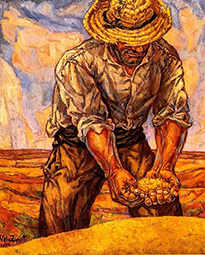
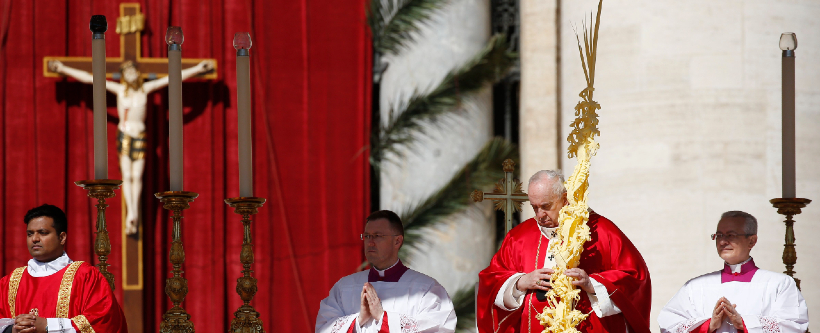
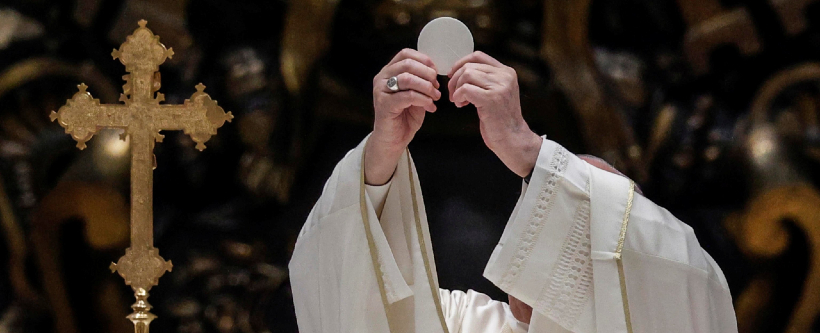
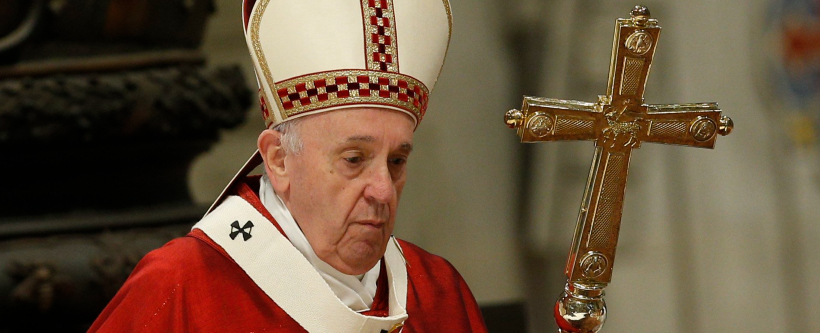
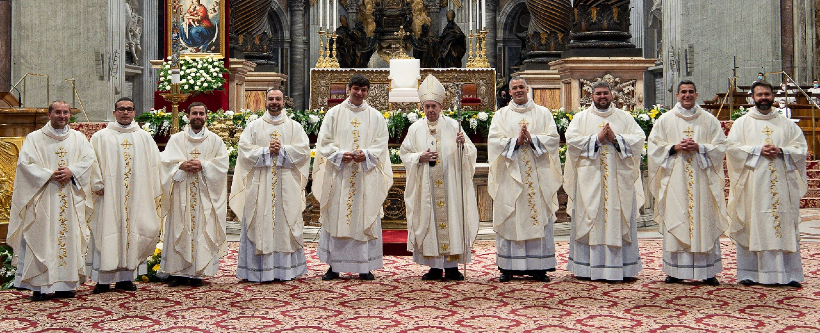
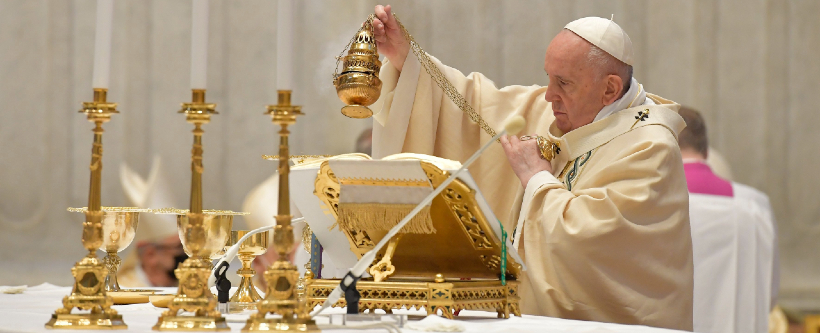
Facebook Comments